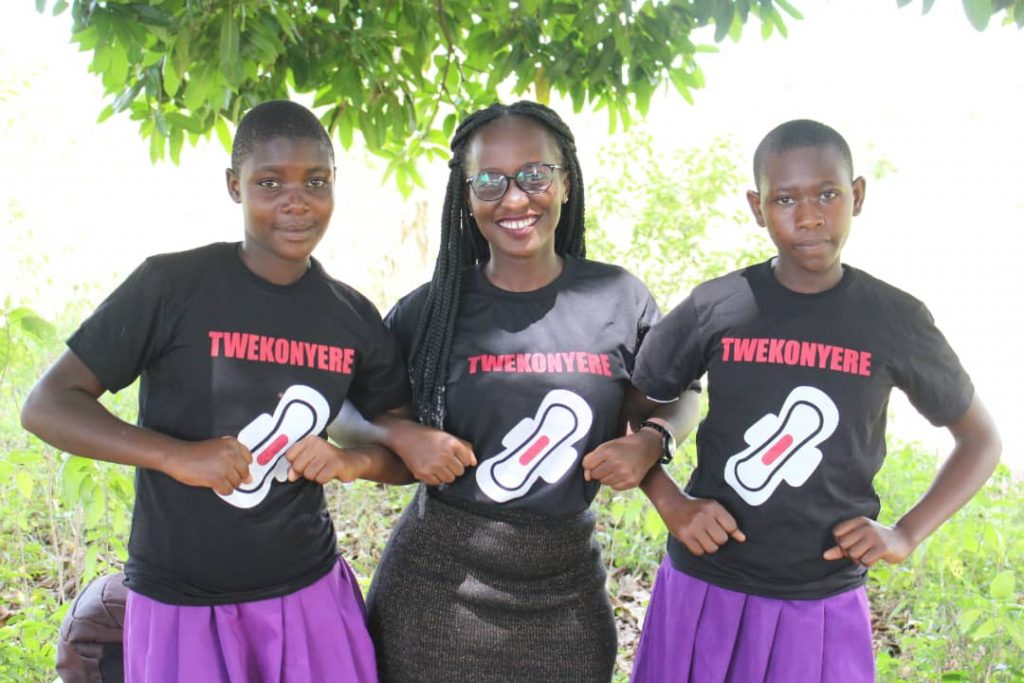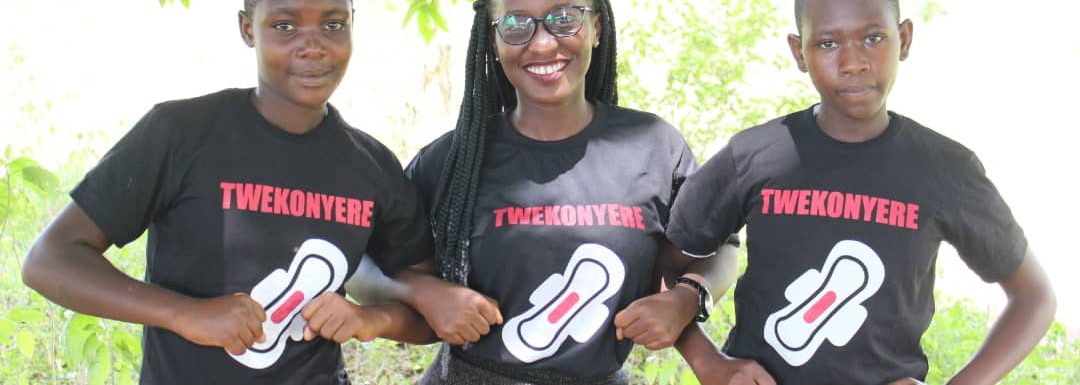
Exploring the links between Water, Sanitation and Hygiene and Menstrual Hygiene Management is a key aspect that we need to continuously look into as we make our Sexual and Reproductive Health Rights programming. Whereas water is a basic human right, we should agree that access to clean running water is still a leading challenge in many African countries today. Limited/no access to water literally means that sanitation and hygiene are heavily compromised. To draw your attention closer to Sexual and Reproductive Health Rights, menstruation is an indication that ovulation is happening and that pregnancy can be possible. It is therefore a fundamental issue in Sexual and Reproductive Health Rights. It is estimated that more than 300 million people are menstruating on any given day, yet appropriate and hygiene infrastructure, including safe private and accessible toilets equipped with soap and water, where individuals can change and clean or dispose of menstrual hygiene products remains a huge area of need.
From my lived experience and observation, I acknowledge that the WASH sector has done its best to see that various systems have access to water. This is more evident in the urban areas of my country Uganda. However, I should emphasize that universal and equitable access to WASH for all, requires equal distribution of resources such that households and institutions (in both formal and informal settlements) have safe, affordable and adequate WASH facilities. Sustainable Development Goal 6- ensure availability and sustainable management of water and sanitation for all, has an explicit gender dimension and calls for attention to water, sanitation and good hygiene needs for all who menstruate. Without clean water, decent sanitation and good hygiene practices, menstruation can feel like a burden and it becomes harder to manage and prevent spread of reproductive tract infections among women and girls.
In relation to the above, limited access to water, sanitation and hygiene puts women and girls in a more vulnerable state to sexual gender based violence and catalyzes menstrual stigma. Women and girls are at high risk of being abused when collecting water and sharing sanitation facilities. Gender inequality is perpetuated in the process of failing to hygienically manage periods. Women and girls are limited in their daily lives. They fear to go to work, school or engage in social activities. Additionally, it is important that women and girls have access to a range of menstrual products and are educated on how to use them. Programs that promote one type of product neglect the fact that women and girls are not a homogenous group as their needs and preferences vary. For example in my community (Kyabahessi village, Hoima district, Uganda) tampons and menstrual cups are not culturally accepted, women and girls will face a greater risk of infection if they do not know how to insert or when to change these products or if they do not wash their hands before doing so. Hormonal changes during perimenopause (the time leading up to around menopause) can lead to heavier bleeding, requiring more frequent changing and washing. Many women and girls still do not have real control over the products they use and also lack the ability to dispose of or clean these products in an appropriate manner (in line with personal, environmental, cultural and other considerations)
Despite synergies achieved in tackling WASH and SRHR together, direct integrated WASH and MHM approaches are limited and often less prioritized in global and national policy/ practice. As a way of increasing the focus on menstrual health as a critical path way to improving sexual and reproductive health rights, WASH and Menstrual Health actors can leverage one another’s efforts for a greater impact on improving menstrual health in Africa. Leaders at grass root levels should be engaged and equipped with skills and knowledge on how they can mobilize and get improved WASH facilities in their communities. Partnerships between WASH and MHM actors can help overcome challenges and improve the over all quality of existing Sexual and Reproductive Health programming. Promotion of good water, sanitation and hygiene can be an entry point to securing Menstrual Health Rights.
Happy World Water Day 2020


Leave a Reply